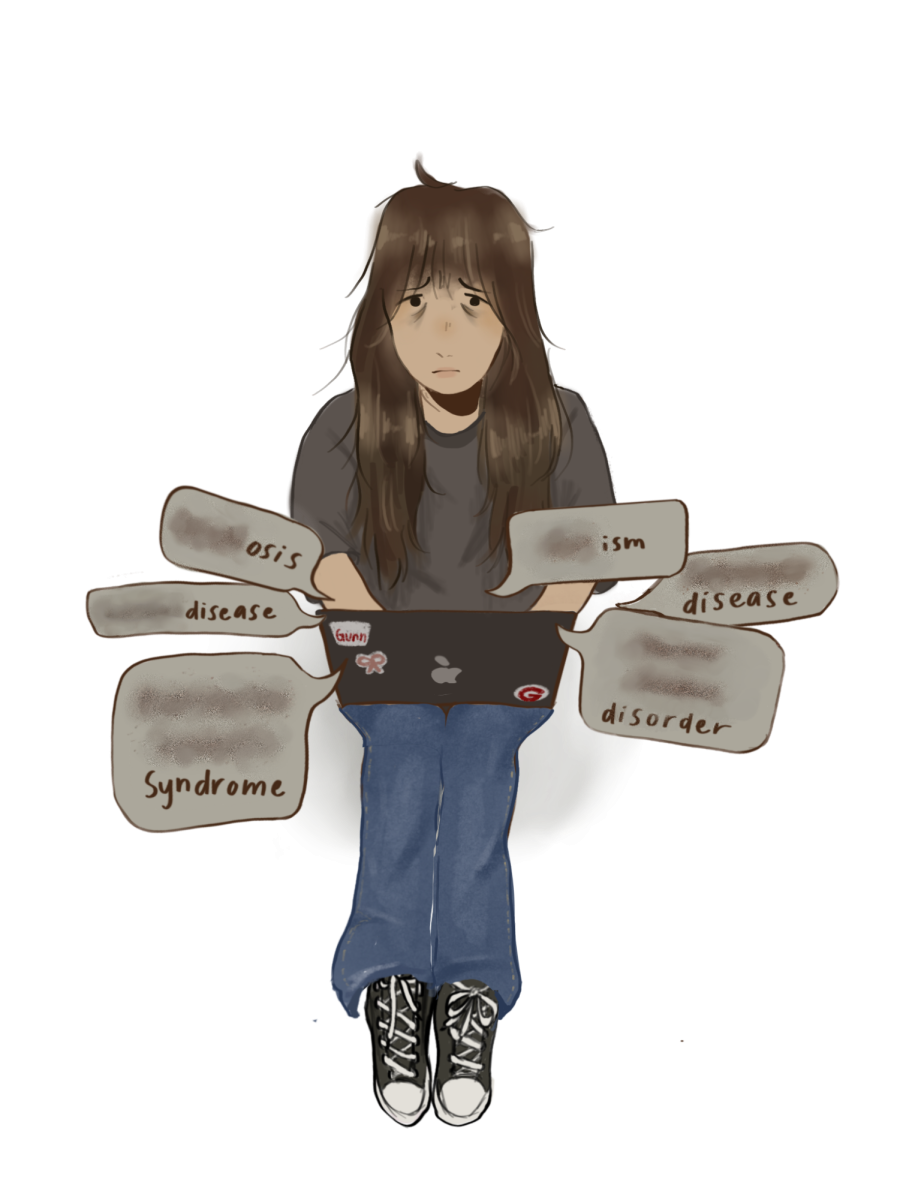Written by Shawna Chen
When I first heard about ABC’s new show “Fresh Off the Boat,” the first Asian-American sitcom in 20 years, I cringed. The history of Asian representation on film and television had not given me much to hope for. In the past, Asian characters had been caricatures, used to propel jokes and racist stereotypes. One of the most notable examples of this is the character Mr. I.Y. Yunioshi of “Breakfast at Tiffany’s,” a Japanese character played by a Caucasian Mickey Rooney wearing prosthetics and makeup, whose only purpose in the film is to induce laughter at his “peculiar” traditions and perverse behavior. Asian culture was laughed at for its ridiculousness, Asian characters were the butts of ethnic jokes, and I had grown so used to turning from the screen whenever such scenes occurred that I was apprehensive of the idea of an Asian-central show.
However, “Fresh Off the Boat” is different, and this differentiation has emphasized the significance of true diversity. The show’s strength lies in the fact that its main characters, a Chinese family of two immigrant parents, three sons and one grandma relocating to a mainly-white Florida neighborhood in the 1990s, are not portrayed as caricatures but as real-life people with real-life struggles. The show does not shy away from social commentary, either; Eddie Huang, the oldest son and main character, just wants to fit in at his new school. One of the more heartbreaking scenes occurs when he is forced to eat his lunch outside the cafeteria after his classmates exile him for bringing to the table “worms” that are actually Chinese noodles. This feeling of exclusion is universal; you don’t have to be Asian to be able to relate to Eddie’s sentiments. Further, the focus in this scene is not placed on the “worms” but rather on the culture clash. Instead of making jokes about the family’s customs, “Fresh Off the Boat” finds humor in realistically depicting the Huangs’ efforts to adapt to their new environment.
Nonetheless, a great amount of backlash arose when ABC first unveiled its new comedy, and surprisingly, a lot of the backlash came from other ethnic communities. The biggest problem people found was the name of the show. Many argued that the title itself was racist or derogatory to immigrants, but the truth of the matter is that “fresh off the boat” is insulting only if used in a condescending context; when stated as a fact without a negative connotation, as it is in the show, it merely refers to reality: immigrants are in all facets of the phrase fresh off the boat, and even immigrants refer to themselves as such.
Additional reactions decried the perpetuation of “harmful” Asian stereotypes, of which the most prominent is the Chinese accent of Jessica, Eddie’s mom’s. However, what many do not understand is that the accent is a part of the family. If the same premise of the show was applied to a British-American family, no one would protest the use of the British accent. The same should go for “Fresh Off the Boat.” Jessica’s Chinese accent isn’t used to make fun of the way Asians talk; it is used to reflect the reality of immigration and of learning to speak a new language. Another chief complaint about Asian stereotypes is the reference to the straight-A attitude of tiger parents. Many claimed that it casted a negative light on Asian parents, but actress Constance Wu, who plays Jessica, made a good point in an interview with “Time.” Viewers expect “Fresh Off the Boat” to represent every Asian-American because Asians are so rarely depicted on-screen. But, Wu pointed out, if one sees Tina Fey on television, one does not immediately think, “All white women are like Tina Fey.” It is because Asians have not been given equal representation that when the first Asian-American show in 20 years comes on people expect the family and parents to reflect their own, even when the tiger parent can be seen as unique only to the Huangs.
“Fresh Off the Boat” shows the American dream from an Asian perspective and approaches American culture from the viewpoint of an Asian-American. Above all, though, it is a family comedy. It portrays the struggles, achievements, and relationships of any other family. As my own family and I sat down to watch the first episode, we found ourselves laughing delightedly at Jessica’s complaints about what the Floridian humidity does to her hair and hilariously pointing at our father when Eddie’s dad dreamily discussed how he would make his fortune in Florida. “Fresh Off the Boat” has amplified the call for diversity, and in the face of its success, the Chen family now has a new program to watch together every Tuesday night. Too often, Hollywood depicts only the 10 percent: the white, the thin, the young. It is time for diversity to expand to the 90 percent, and it is my hope that “Fresh Off the Boat” will play the role of the first building block.









